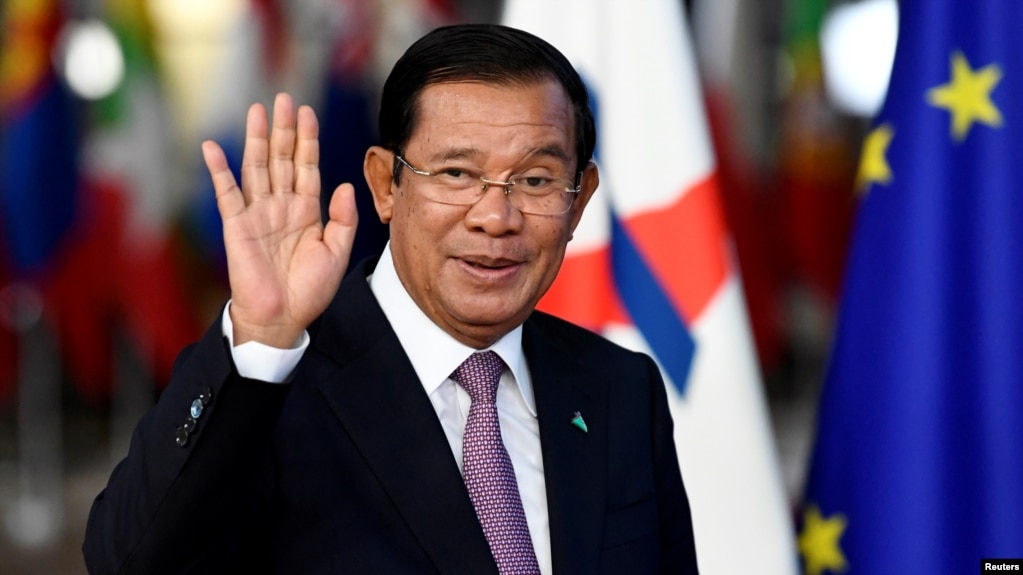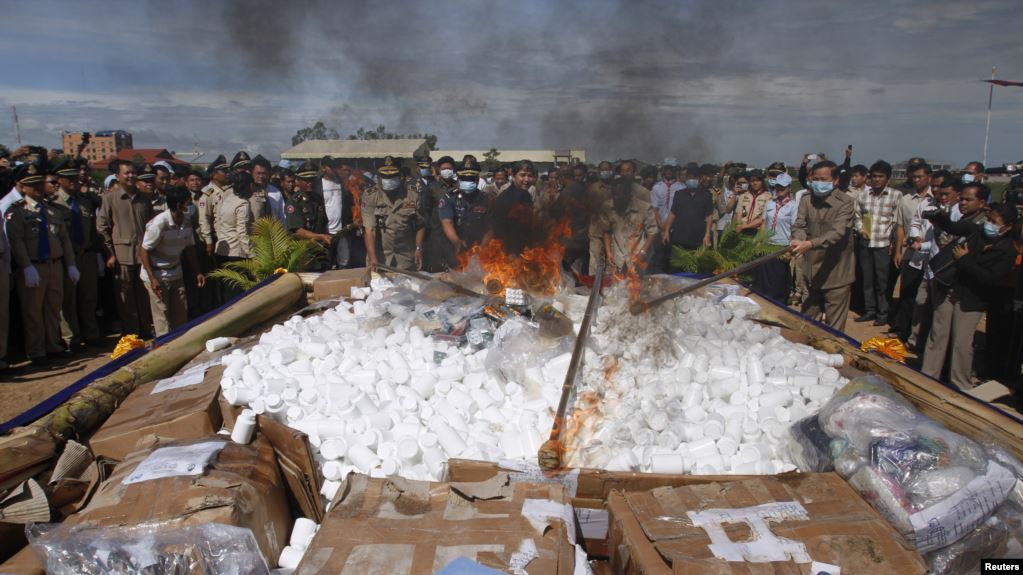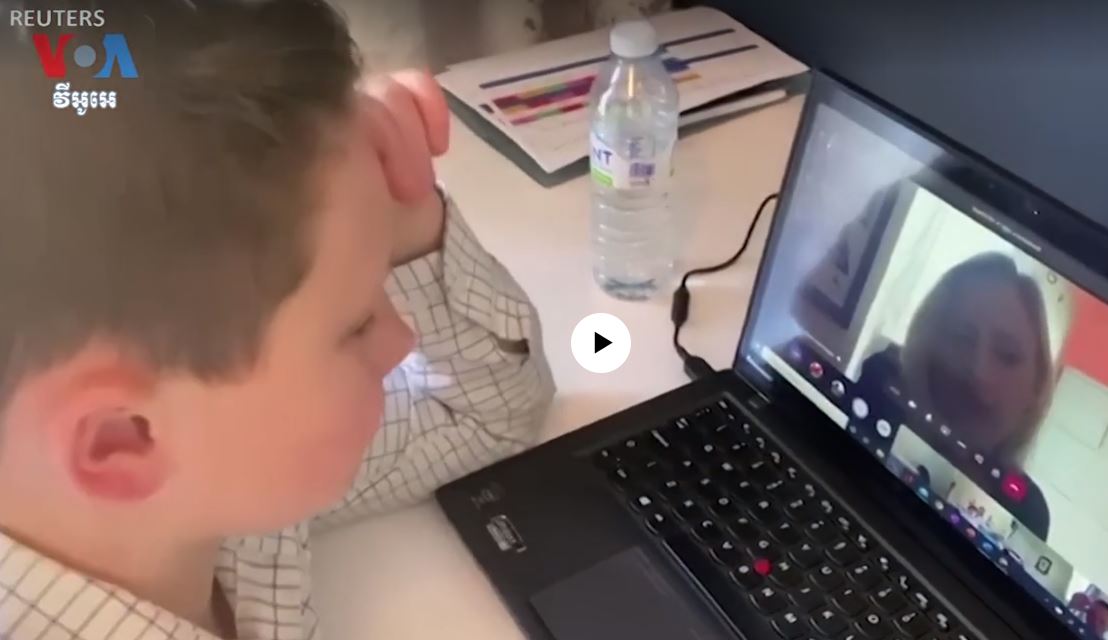
Khmer Times’ Taing Rinith shares his thoughts on how the Cambodian youth can receive equal and inclusive access to proper education amid the onslaught of the coronavirus pandemic.
The COVID-19 pandemic has infected approximately 5.4 million people worldwide, killing over 345,000 people, with the promise of causing the global per capita income to fall by four percent this year. Despite the harrowing figures, the pandemic, aside from being a public health and economic calamity, is also an education crisis.
With countries across the globe closing academic institutes in a bid to contain the spread of COVID-19 and protect young people, the United Nations Development Programme has estimated that 60 percent of children are effectively out of school, a global level not seen since the 1980s.
As such, governments and institutions worldwide scrambled to fast-track the enforcement of distance learning to ensure the continuity of education for young people.
In Cambodia, the government has been expending great effort to promote e-Learning, including broadcasting distance-learning programmes on the National Television of Kampuchea and other cable networks. Such initiatives are expected to continue as the Ministry of Education, Youth and Sports last week announced it will consider the reopening of schools in November, given that the COVID-19 situation is abated by that time.
Despite the rationale, the switch to e-Learning has seemingly brought with it an unwanted effect: widening the educational gaps that were already present even before the pandemic struck.
Source: https://www.khmertimeskh.com/50726828/rethinking-education-an-inclusive-response-to-covid-19/
























